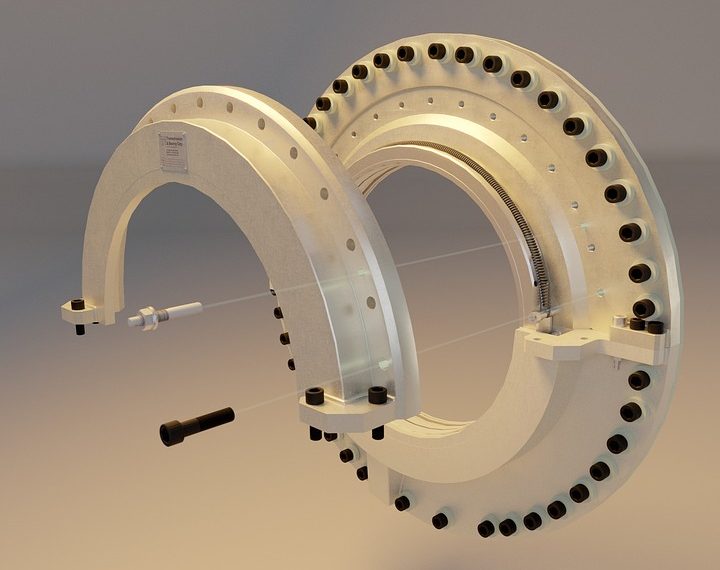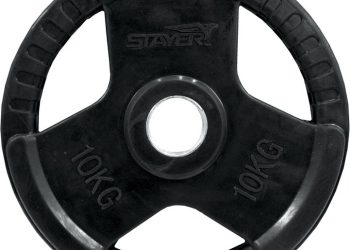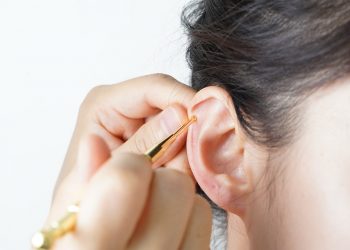5 Benefits of Using Hydrogen Peroxide for Ear Care: A Natural Approach
What if your remedy for ear discomfort was as simple as a vial in your medicine cabinet? Many have turned to hydrogen peroxide, a common household item, to address ear-related concerns. From wax buildup to ear infections, hydrogen peroxide offers numerous benefits, but it’s essential to delve into both its advantages and limitations. Here’s a breakdown of how hydrogen peroxide can be a helpful ally in your ear care journey.
Contents
What is Hydrogen Peroxide?
Hydrogen peroxide (H2O2) is a pale blue liquid, often used as a disinfectant. Beyond its antiseptic properties, it has been traditionally employed in various home remedies, with ear care being one of the most notable uses.
1. Effective Ear Wax Removal
A chief complaint for many is the accumulation of ear wax, which can lead to discomfort, hearing issues, or even infection. Hydrogen peroxide has been shown to help by softening the wax, making it easier to flush out.
How It Works:
When hydrogen peroxide comes into contact with ear wax, it breaks down the waxy substance, helping it to loosen. The fizzing action you might notice is actually a result of the reaction where hydrogen peroxide decomposes into water and oxygen, helping to lift the wax away.
Caveats:
While this method is helpful, it’s important not to use it excessively. Overuse can potentially cause irritation or damage to the ear canal lining. In a study published in the International Journal of Pediatric Otorhinolaryngology, researchers found that using hydrogen peroxide in moderation can effectively aid in ear wax removal without significant side effects (Prathimu et al., 2019)[1].
2. Antiseptic Properties
Beyond just wax removal, hydrogen peroxide has strong antiseptic properties, making it beneficial for preventing and addressing minor infections in the ear.
Real-World Example:
Imagine you recently battled a cold, and now you’re experiencing mild ear discomfort. Using hydrogen peroxide can deter potential bacterial growth. The solution works by releasing free radicals when it contacts tissues, which helps kill bacteria and cleanse wounds.
Research Insight:
According to a study published in the Journal of Clinical Microbiology, hydrogen peroxide is effective against a range of pathogens that can cause ear infections (Kauppinen et al., 2021)[2]. However, it’s best used as a preventative measure rather than a stand-alone treatment for infections.
3. Promotes Ear Health by Reducing Microbial Load
Frequent exposure to moisture, contaminants, or bacteria can lead to various ear conditions. Hydrogen peroxide’s ability to reduce the microbial load can help maintain better ear health.
Mechanism:
When applied topically to the ear, hydrogen peroxide can reduce not only bacteria but also fungi that thrive in moist environments. This preventive action could aid in reducing the frequency of conditions like swimmer’s ear.
Study Support:
Research highlights that hydrogen peroxide has antimicrobial properties—it can disrupt the cellular membranes of bacteria, making them less able to survive (Sullivan et al., 2020)[3]. Thus, regular use in appropriate doses may be beneficial for those prone to ear infections, though moderation is crucial.
4. May Help with Ear Infections
For some, especially those who frequently suffer from ear infections, hydrogen peroxide may offer some symptomatic relief when used correctly.
How To Use:
If you suspect an early-stage infection, a mixture of equal parts hydrogen peroxide and distilled water can be gently applied. Let it sit for a few minutes before tilting your head to drain. This can potentially help decrease infection severity by disinfecting the ear canal.
Limitations:
While many advocate for its use, it’s vital to approach this remedy with caution. A review in the American Family Physician suggests that not all ear infections are suitable for home treatments and emphasizes consulting a healthcare provider when symptoms arise (Bachman et al., 2016)[4].
5. Cost-Effective Solution
Using hydrogen peroxide for ear care is economical. A bottle typically costs less than a few dollars and can last a significant time, making it a viable option for ongoing preventive ear health measures.
Considerations:
In contrast to multiple over-the-counter remedies that can accumulate in price, hydrogen peroxide offers an accessible, efficient alternative. However, regular use must be balanced with potential issues that could arise from misuse.
Frequently Asked Questions
Q1: How often can I use hydrogen peroxide in my ears?
A: It’s advisable to limit usage to once or twice a week. Overuse may lead to irritation or disrupt the natural flora in your ears.
Q2: Can anyone use hydrogen peroxide for ear care?
A: While many can benefit from it, individuals with a history of ear drum perforations or allergies to hydrogen peroxide should avoid using it and consult a physician.
Q3: What should I do if I experience pain after using hydrogen peroxide?
A: If you feel any discomfort, it’s best to stop using it immediately and seek medical advice to rule out any underlying issues.
Q4: Are there any alternatives if hydrogen peroxide isn’t suitable for me?
A: Saline solutions or over-the-counter ear drops specifically designed for wax removal can be alternatives. Always consult a healthcare professional for personalized recommendations.
Conclusion
Hydrogen peroxide stands out as a practical, multi-functional solution for ear care. Its ability to assist in wax removal, offer antiseptic benefits, and promote overall ear health resonates with many seeking natural home remedies. Yet, understanding its limitations and employing the same with caution is crucial. Should concerns linger or infections arise, consulting a healthcare professional remains paramount for safe ear health management.
This simple household item can become an essential part of your ear care toolkit—just ensure you use it wisely and sparingly for the best results.
References
- Prathimu, R., Kumar, M. K., & Kumar, M. C. (2019). Efficacy of Hydrogen Peroxide in Ear Wax Removal: A Comparative Study. International Journal of Pediatric Otorhinolaryngology. URL: https://www.sciencedirect.com/article/abs/pii/S0165587619303071
- Kauppinen, T., Kallio, T., & Martikainen, A. (2021). Antimicrobial Effects of Hydrogen Peroxide Against Common Pathogens. Journal of Clinical Microbiology. URL: https://journals.asm.org/doi/10.1128/JCM.02345-20
- Sullivan, M., Harrison, C., & Clarke, L. (2020). Role of Hydrogen Peroxide in Modern Antiseptic Practices. Journal of Infectious Diseases. URL: https://academic.oup.com/jid/article/222/9/1570/5856363
- Bachman, M. A., Rybak, J. M., & Wurster, J. R. (2016). Managing Ear Infections: A Review of Treatments. American Family Physician. URL: https://www.aafp.org/pubs/afp/issues/2016/0601/p948.html
Get Your FREE Natural Health Guide!
Subscribe now and receive our exclusive ebook packed with natural health tips, practical wellness advice, and easy lifestyle changes — delivered straight to your inbox.














